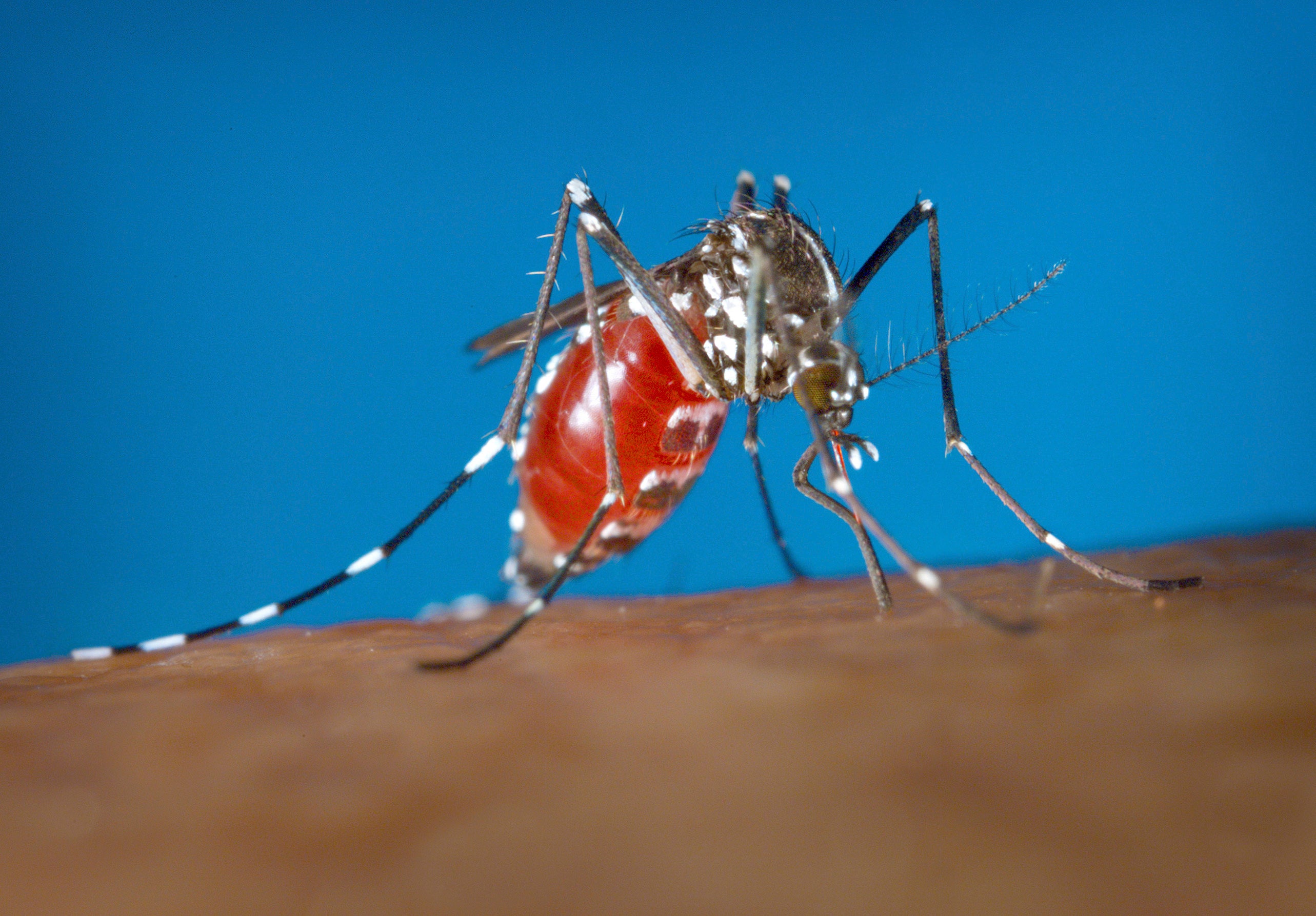Health officials tell US doctors to be alert for dengue as cases ramp up worldwide
U.S. health officials are warning doctors to be alert for dengue cases as the tropical disease breaks international records

U.S. health officials on Tuesday warned doctors to be alert for dengue cases as the tropical disease breaks international records.
The virus, which is spread by mosquitoes, has been surging worldwide, helped by climate change. In barely six months, countries in the Americas have already broken calendar-year records for dengue cases.
The World Health Organization declared an emergency in December, and Puerto Rico declared a public health emergency in March.
Dengue remains less common in the continental United States, but in the 50 states so far this year there have been three times more cases than at the same point last year. Most were infections that travelers got abroad, but officials warn that local mosquitos are a growing dengue threat.
In its health alert Tuesday, the Centers for Disease Control and Prevention advised doctors to know the symptoms, ask questions about where patients recently traveled and consider ordering dengue tests when appropriate.
Dengue (pronounced DEHN'-gay) is caused by a virus spread by a type of warm weather mosquito that is expanding its geographic reach because of climate change, experts say.
Many infected people don’t get sick, but some experience headache, fever and flu-like symptoms. Severe cases can involve cause serious bleeding, shock and death.
Repeated infections can be especially dangerous.
There are four types of dengue virus, simply known as 1, 2, 3 and 4. When someone is first infected with dengue, their body builds antibodies against that type for life. If they get infected with another type of dengue, the antibodies from the first infection may fail to neutralize the second type — and actually can help the second virus type enter immune cells and replicate.
That's a concern in Puerto Rico, which for the last two decades has been widely exposed to type 1. Last month, the island reported its first dengue death of the year.
“We’re currently seeing is increases in the cases due to dengue 2 and dengue 3, for which the population has very little immunity,” said Dr. Gabriela Paz-Bailey, the Puerto-Rico-based chief of the CDC's dengue branch.
There is no widely available medicine for treating dengue infections.
Vaccines have been tricky, because it's been hard to develop a shot that protects against all four types of dengue. U.S. officials in 2021 recommended one vaccine, made by Sanofi Pasteur. The three-dose vaccine is built to protect against all four dengue types and is recommended only for children ages 9 to 16 who have laboratory evidence of an earlier dengue infection and who live in an area — like Puerto Rico — where dengue is common.
Given those restrictions and other issues, it hasn't been widely used. As of late last month, only about 140 children had been vaccinated in Puerto Rico since shots became available there in 2022, and Sanofi Pasteur has told the CDC it is going to stop making the vaccine.
A different vaccine made by the Tokyo-based pharmaceutical company Takeda is not currently licensed in the U.S. Others are in development.
Across the world, more than 6.6 million infections were reported by about 80 countries last year. In the first four months of this year, 7.9 million cases and 4,000 deaths have been reported, according to the World Health Organization. It's been particularly intense in the Americas.
In the United States, the numbers have been far more modest — about 3,000 cases last year in U.S. states and territories. But it was the worst in a decade, and included more infections that occurred locally, courtesy of native mosquitoes. Most were in Puerto Rico, but about 180 were in three U.S. states — Florida, Texas and California.
So far this year, there have been nearly 1,500 locally-acquired U.S. cases, nearly all of them in Puerto Rico.
Most cases in the continental U.S. continue to be people who were infected while traveling internationally.
It's "a traveler's nightmare” and a growing international concern, said Dr. Lulu Bravo, who studies pediatric tropical diseases at the University of the Philippines Manila and who has worked with Takeda on its vaccine.
“When you have an outbreak in a country, tourists might not want to come,” Bravo said.
___
The Associated Press Health and Science Department receives support from the Howard Hughes Medical Institute’s Science and Educational Media Group. The AP is solely responsible for all content.
Bookmark popover
Removed from bookmarks